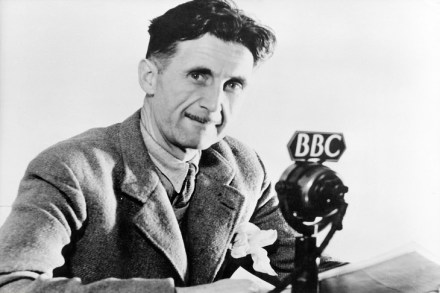Knowing Cromwell’s fate only increases the tension: Mantel reviewed
When the judges for the 1992 Booker Prize received Hilary Mantel’s A Place of Greater Safety, an 800-page novel set during the French Revolution seemed a quirky diversion from the work of a novelist then most associated with shortish dark comedies of contemporary or recent life, such as Fludd (1989), featuring a weird Catholic priest, and Eight Months on Ghazzah Street (1988), in which an Englishwoman suffers Saudi Arabian culture shock. We did not shortlist the book. History shows that monumental distant-historical fiction would subsequently become the glorious core of Mantel’s work, though, perhaps validating our doubts, featuring English, rather than French, revolutionary struggles. Wolf Hall (2009) and Bring up




















